Our People
Director
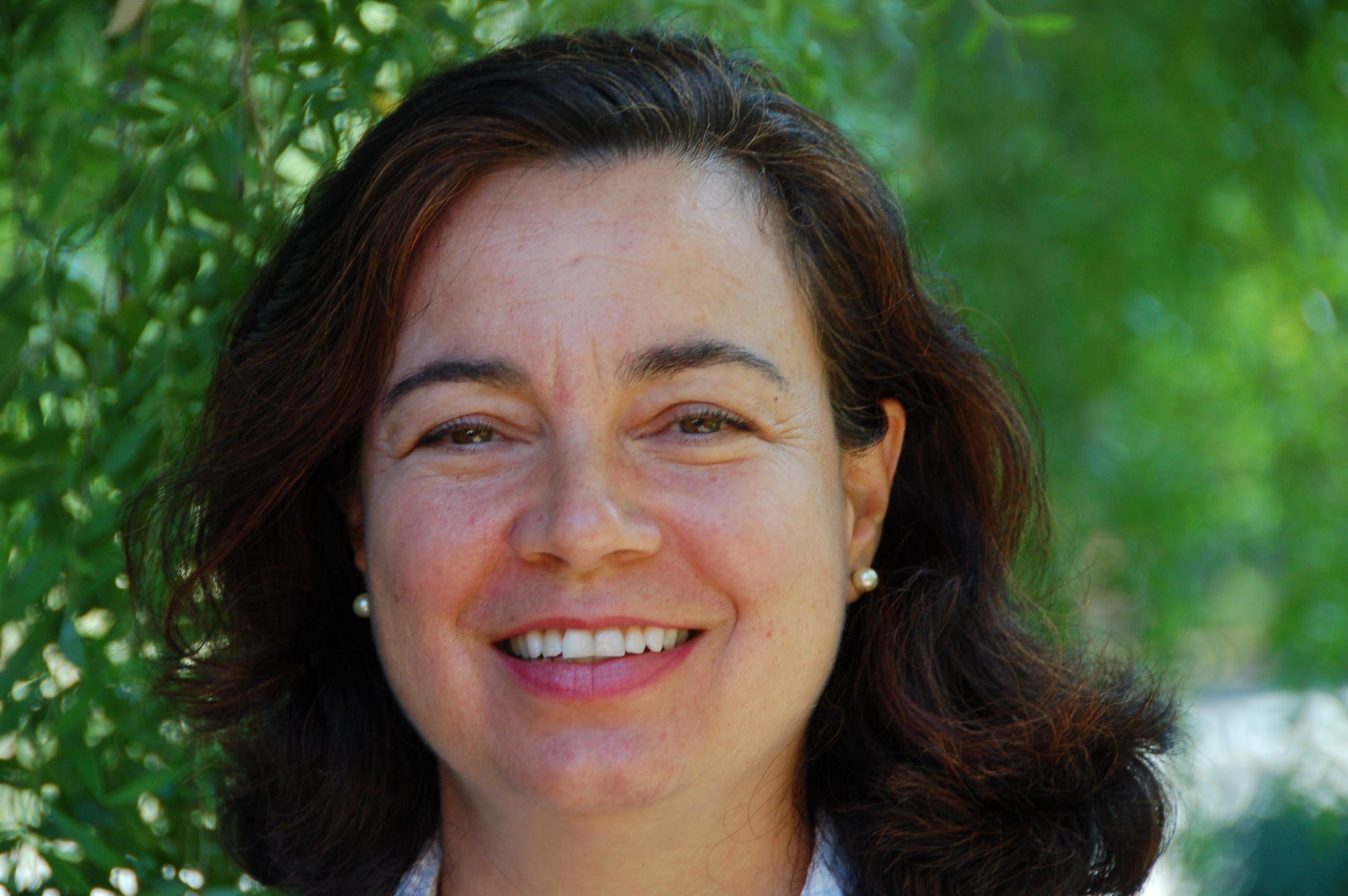 Lais Costa, MV, MS, PhD
Lais Costa, MV, MS, PhD
Diplomate American College of Veterinary Internal Medicine, Large Animal
Diplomate American Board of Veterinary Practitioners, Equine Specialty
Dr. Costa is an Assistant Professor in Veterinary Medicine Extension, Rural Community Animal Disaster Preparedness Specialist at the Department of Population Health and Reproduction, UC Davis School of Veterinary Medicine. She has worked at the One Health Institute, serving as the director of operations of the UC Davis Veterinary Emergency Response Team. She has served as the faculty advisor for the Student Veterinary Emergency Response Team Club since 2019.
Dr. Costa received her veterinary degree from São Paulo State University - Botucatu, Brazil. She holds a Master of Science degree from the University of Kentucky, working at the Maxwell Gluck Equine Research Center in Lexington, KY and a PhD from the School of Veterinary Medicine at Louisiana State University.
She has served several roles as clinician and educator in equine and large animal internal medicine at veterinary medical teaching hospitals including Louisiana State University, University of Georgia, Tufts University, Mississippi State University and University of California – Davis, and worked as Private Equine Medicine Consultant. She is a Federally Accredited veterinarian.
Dr. Costa had worked with equids in endemic areas for equine infectious anemia, including the Pantaneiro horses in the Wetlands of Mato Grosso and Campaneiro horses of Roraima, Brazil. She has provided veterinary care to working equids as part of the Equitarian Initiative.
Dr. Costa's interests lie at the intersection of health and welfare of animals and humans and their interactions with the environment, her focus resides on the understanding and mitigating the impacts of emergencies and disasters on animals, especially in more vulnerable communities.
Former Director
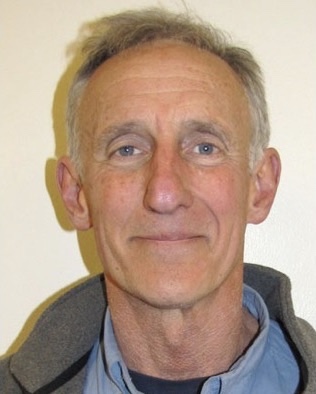
Eric Davis, DVM, MS
Diplomate American College of Veterinary Internal Medicine
Diplomate American College of Veterinary Surgeons
Dr. Eric Davis has been the Associate Veterinarian of the International Animal Welfare Training Institute since its inception. He has lead the cause of animal welfare to underserved communities for many years.
Dr. Davis is board-certified in veterinary surgery and internal medicine. He is an experienced large animal clinician, having served on the staff of the veterinary schools at Iowa State University, Purdue University, and the University of Tennessee. After founding Rural Area Veterinary Services (RAVS), he directed this program for the Humane Society of the United States for 10 years. During this time, he was deployed to Louisiana during hurricanes Katrina and Rita in 2005, and to Sri Lanka following the 2004 Tsunami.
Dr. Davis has provided leadership and patient care by organizing emergency animal sheltering. Dr. Davis has been the director of Rural Veterinary Experience Teaching and Service (R-VETS), volunteering in underserved communities of the western United States, Mexico and Nicaragua while mentoring veterinary students interested in rural practice. Dr. Davis leads research projects to improve the welfare of donkeys.
Dr. Davis is the founder of the Donkey Welfare Symposium, an event that brings together donkey practitioners, donkey owners, scientists, conservationists and representatives of charities for donkeys and working equids. The event occurs yearly since 2013.
Dr. Davis became director of IAWTI in 2020 until his retirement in 2021. He now serves in the Advisory Board of the International Animal Welfare Training Initiative.
Founder and Former Director
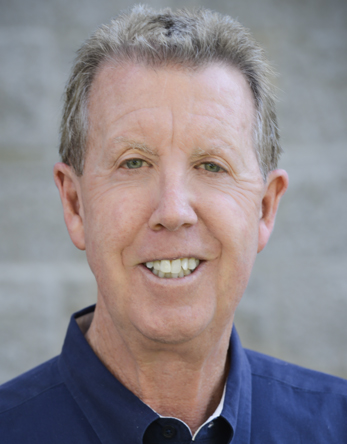 John Madigan, DVM, MS
John Madigan, DVM, MS
Diplomate American College of Veterinary Internal Medicine
Diplomate American College of Animal Welfare
Caring for animals and improving their lives has been the life's work of IAWTI founder and former director, John Madigan. His devotion to improving animal wellbeing led to the dean appointing him as the first Director of the International Animal Welfare Training Institute in 2008.
Dr. Madigan has made many groundbreaking medical discoveries and has created inventions, which directly improve the lives of animals worldwide on a daily basis. When he saw the need for a better solution for compromised horses sent to the UC Davis VMTH, he designed he designed state of the art slings using the animal’s skeletal system support. These slings are now used to safely lift horses recovering from injury or anesthesia, and to airlift stranded horses, cows, and other large animals to safety. He later developed a sling for down cattle that is being used on dairies to help injured cattle.
Dr. Madigan founded the UC Davis Veterinary Emergency Response Team (VERT), which has gained national attention as a Medical Reserve Corps (MRC) under the Office of the Surgeon General. He has responded to floods, fires, and other disasters in California and nationally. Dr. Madigan develops curricula to train first responders and emergency personnel in safe and humane animal rescue, sheltering, and preparedness.
Dr. Madigan's efforts have not gone unnoticed by his veterinary colleagues. He was honored to be the recipient of the American Veterinary Medical Association animal welfare award in 2006 and the UC Davis School of Veterinary Medicine Alumni Achievement award in 2007. Dr. Madigan has lead the institute as the Director until his retirement on July 1st, 2020.
Affiliated Members
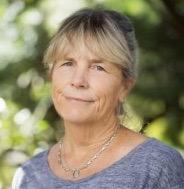
Noël Dybdal, DVM, MA, MSc, DVM, PhD
Diplomate American College of Veterinary Pathology
Dr. Dybdal is the Executive Director, Head of Safety Assessment Pathology, at Genentech and Region IV Coordinator for the California Veterinary Medical Reserve Corps. She received her veterinary degree (1981), MA (Endocrinology, 1977), and PhD (Comparative Pathology, 1989) from the University of California-Davis and her MSc in Animal Welfare and Behavior (2022) from the University of Pennsylvania. She is a diplomate of the American College of Veterinary Pathology and a resident of the American College of Animal Welfare. Her areas of research and scientific interest include advocacy and proactive identification of opportunities for application of 3R’s principles in pharmaceutical development, effects of chronic stress on allostatic state and resilience (laboratory animals and horses), and endocrine and metabolic diseases of horses.
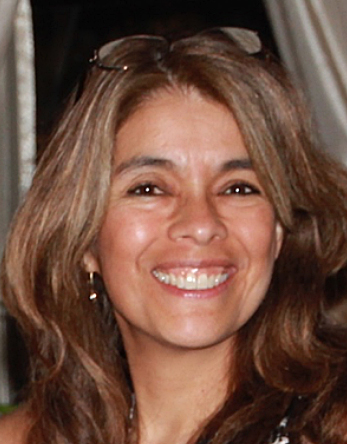
Monica Aleman, MVZ, PhD
Diplomate American College of Veterinary Internal Medicine, Large Animal Internal Medicine and Diplomate American College of Veterinary Internal Medicine, Neurology
Dr. Aleman is director of the Neuromuscular Disease Laboratory and is a professor in the School of Veterinary Medicine. She received her veterinary degree in 1991 from the University UNAM-Mexico and her PhD from UC Davis in 2004. She is a diplomate of the American College of Veterinary Internal Medicine (2012 in Neurology and Neurosurgery and 1999 in Large Animal Internal Medicine, equine emphasis). She is a founding member of the UC Davis Comparative Neurology Research Group. Her areas of research focus are neurology, neuromuscular disease, and genetics of neuromuscular disorders.

Melissa Bain, DVM, MS
Diplomate American College of Veterinary Behavior
Diplomate American College Animal Welfare
Dr. Melissa Bain is board-certified in veterinary behavior, and is the Chief of Service of the Clinical Animal Behavior Service. She received her DVM from the University of Illinois in 1994. She then worked in a small animal veterinary practice in the Chicago suburbs for 1 1/2 years, and a mixed animal veterinary practice in rural Wisconsin for 2 1/2 years. Dr. Bain entered the Clinical Veterinary Behavior Residency Program at UC Davis in 1998, and became board-certified in 2001. In 2007, she completed a Master’s degree in advanced clinical research from the UC Davis School of Medicine. Dr. Bain became board certified by the American College of Animal Welfare in 2014. She is a past president of the American College of Veterinary Behaviorists and the American Veterinary Society of Animal Behavior. Her areas of research focus have been clinical domestic animal behavior problems and human-animal bond issues, including research on dog-parks and the effects of different training methods on the behavior of dogs.

Lynette Hart, PhD
UC Davis School of Veterinary Medicine
Dr. Lynette Hart completed her doctoral studies in animal behavior, and then extended her interests to human-animal interactions and animal welfare. Since 1984 she has taught and spearheaded studies of human-animal interactions at the UC Davis School of Veterinary Medicine, focusing on the psychosocial effects of being with animals and the impact of pet loss on people. Beginning in 1989 she also focused on animal welfare and alternatives, collaborating with UC Davis librarian Mary Wood to create improved access to Web-based teaching resources for education and research, and emphasizing information on refinements in animal use. She was the lead author of "Why Dissection? Animal Use in Education" and serves on the editorial board of the Journal of Applied Animal Welfare Science. She contributed essays on mice, dissection, and animal-assisted interventions to the forthcoming Encyclopedia of Animal Rights and Animal Welfare. In addition to basic research on behavior of dogs and cats, Hart, along with graduate students and husband Benjamin Hart, professor emeritus at UC Davis School of Veterinary Medicine, conducts field-based studies of large mammals, including elephant, bison, and antelope.
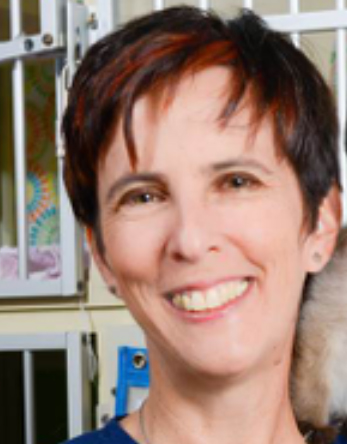
Kate Hurley, DVM, MPVM
Diplomate American College of Shelter Medicine
Dr. Kate Hurley is the director of the Koret Shelter Medicine Program at the University of California, Davis (UC Davis). Kate began her career as an animal control officer in 1989. After graduation from the UC Davis School of Veterinary Medicine in 1999, she worked as a shelter veterinarian in California and Wisconsin. In 2001, she returned to UC Davis to become the first person in the world to undertake a residency in shelter medicine. Following completion of the residency, Kate became the director of the Koret Shelter Medicine Program. Three of her proudest achievements are co-authoring “The Association of Shelter Veterinarians’ Guidelines for Standards of Care in Animal Shelters”, co-editing the textbook “Infectious Disease Management in Animal Shelters”, and co-creating the Million Cat Challenge. She loves all things shelter-related, but her particular interests include the welfare of confined dogs and cats, humane and effective strategies to manage community cats, infectious disease, and unusually short dogs. She loves shelter work because it has the potential to improve the lives of so many animals and the people who work so hard to care for them.

Bennie I. Osburn, DVM, PhD
Dean Emeritus, UC Davis School of Veterinary Medicine
Bennie Osburn, Emeritus Dean of the UC Davis School of Veterinary Medicine since 1996, has been involved in key discoveries about food animal viruses—including the bluetongue virus—developmental immunology, congenital infections and food safety. He has produced more than 280 peer-reviewed publications, and he has served in leadership positions at the Veterinary Medicine Teaching and Research Center, the Office of Research and Graduate Education, and the California National Primate Research Center. Dean Osburn has been instrumental in increasing the number of DVM students and residents. He has initiated outreach activities to encourage the next generation of veterinarians to consider careers in veterinary public health, food animal practice and academia. He has guided the establishment of centers of excellence in comparative medicine, wildlife health, food safety and more. He also helped launch joint ventures such as the UC Davis Master of Public Health degree program. Dean Osburn served as president of the Association of American Veterinary Medical Colleges from 2003 to 2005. Among his honors are membership in the Johns Hopkins Society of Scholars and the American Association for the Advancement of Science. Dean Osburn continues to broaden public awareness of the profession's contributions to society in animal health and welfare, public health and environmental health.
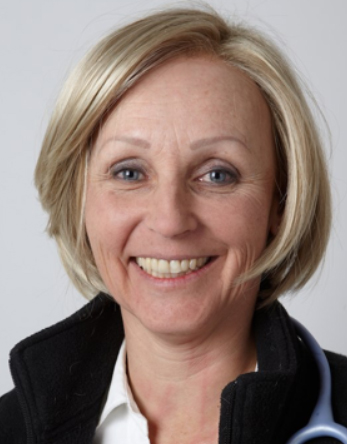
Jeannine M. Berger, DVM
Diplomate American College of Veterinary Behavior,
Diplomate American College Animal Welfare,
Certified Animal Welfare Administrator
Dr. Jeannine Berger first obtained her veterinary degree in 1991 in Zurich, Switzerland. After graduation she worked at the University of Zurich and in private practice before moving to Davis, California in 1998. She completed her residency in veterinary behavior and attained board certification with the American College for Veterinary Behaviorists in 2007 and the American College of Animal Welfare in 2014 from UC Davis. She is also a Certified Animal Welfare Administrator and currently holds the position of Vice President for Rescue and Welfare at the San Francisco SPCA where she oversees all aspects of animal welfare and behavior. She is an internationally renowned speaker, a well-published writer, and a seasoned educator on behavior sciences. Her professional interests include fear, anxiety and aggression related problems, as well as promoting welfare centered veterinary medicine. She is also been awarded by the World Veterinary Association with the 2019 Global Animal Welfare Award Bronze Medal for excellent contribution to promoting the welfare of animals.
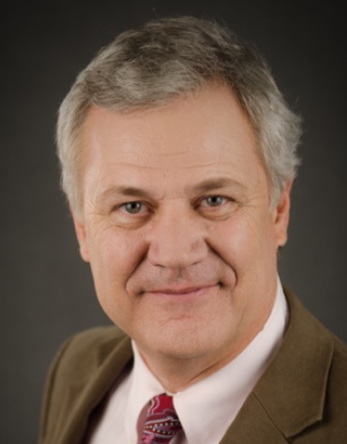
David Ramey, DVM
Dr. David Ramey is a 1983 graduate of Colorado State University College of Veterinary Medicine. After completing an internship in equine medicine and surgery at Iowa State University, Dr. Ramey entered private equine practice in the Los Angeles, CA area in 1984, opening his own practice in 1987. An internationally known author and lecturer, Dr. Ramey is a vocal advocate for the application of good science to equine health. He helped develop material on equine welfare currently provided by the American Association of Equine Practitioners, and he has developed and taught courses on equine welfare and neglect at the University of California, Davis, Center for Equine Health, as well as for law enforcement personnel in Los Angeles and Riverside Counties, California.

Cassandra Tucker, BS, PhD
Dr. Tucker received her Bachelor of Science degree in Animal Science and Management from the University of California, Davis, California in 1998. and her Ph.D. in Animal Science from the University of British Columbia, Vancouver, Canada in 2003. Her area of study, assessment and improvement of animal welfare, is a matter of widespread concern and plays an increasingly important role in policy and regulatory decisions about food production. She investigates how behavior and physiology of cattle change in response to farming practices that may affect animal welfare, such as painful procedures (e.g., tail docking, disbudding, branding), management decisions (e.g., stocking density), and environmental conditions (e.g., effects of weather and mitigation strategies; comfort of lying and standing surfaces). The results of her work contribute to science-based decisions about animal agriculture.
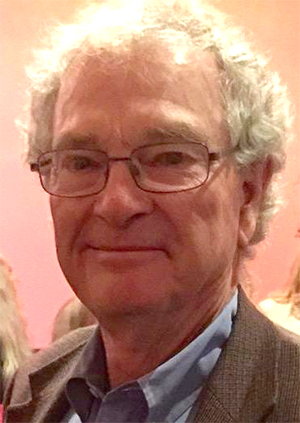
Jerry Gillespie, BS, DVM, PhD
Dr. Gillespie received his DVM from Oklahoma State University and his PhD in Comparative Pathology from UC Davis. He worked briefly in private practice before joining the faculty at UC Davis School of Veterinary Medicine where he served as Professor of Clinical Sciences, Professor and co-Chair of the Department of Physiological Sciences, and Associate Dean of Student Services. More recently, he served UC Davis as the Director of the Western Institute of Food Safety and Security. He was a Kansas State University where he headed-up the Veterinary Teaching Hospital and the Department of Clinical Sciences. At USDA and HHS, he served as the Executive Director of the Joint Institute for Food Safety Research. His honors include the UC Davis Alumni Achievement Award, Faculty Achievement Award from the American Association of Veterinary Clinicians, President of the Association of Equine Sports Medicine and the Comparative Respiratory Society, and Fulbright-Hayes Award. Dr. Gillespie has authored over 100 peer reviewed articles including recent works focused on food biosecurity.
